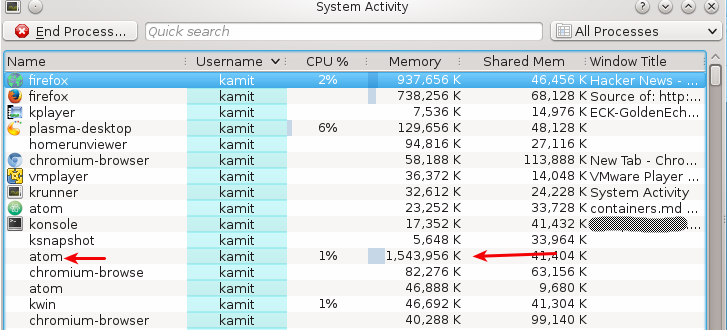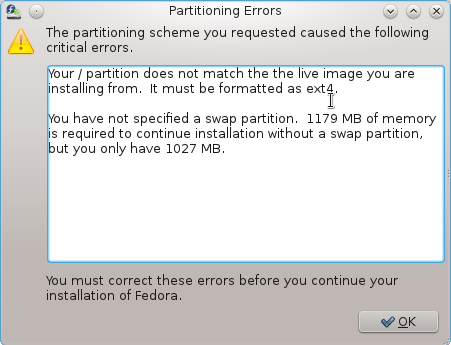GPG, or GnuPG, refers to the Gnu Privacy Guard utility. GPG is a freely available implementation of the OpenPGP standard that was released by Werner Koch in 1999. The security and privacy of data and individuals is an important topic in modern culture. The OpenPGP standard allows GPG and other applications to work together to secure and protect your data.
This series will explain the basic fundamentals of GPG and take you step by step through using it. The OpenPGP standard includes the basic features of confidentiality, integrity, and non-repudiation. By supporting this standard, GPG provides all three features.
Confidentiality
Confidentiality is the ability to keep contents of a file or message private. To provide confidentiality, GPG can convert the original contents of a file, called plaintext, to an encrypted version called ciphertext. This can help keep your files secure on a computer, removable drives, or when transmitted over the Internet. Think of it as using a secret code to write a letter. Even if the letter is intercepted and the envelope steamed open, the message cannot be read.
Read the complete article here.








